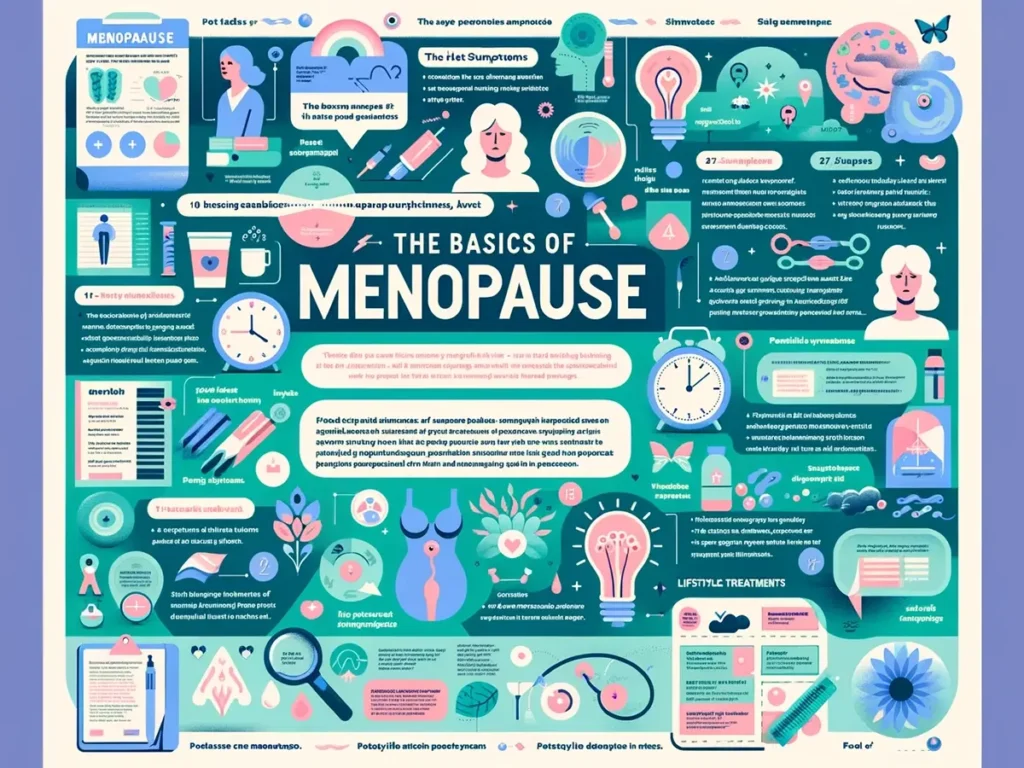Menopause is a natural biological process that marks the end of a woman’s reproductive years. It is characterized by the cessation of menstrual periods and the decline in reproductive hormones, particularly estrogen. While menopause is a universal experience for women, the age at which it occurs and the symptoms experienced can vary widely. This has led researchers to investigate the role of genetics in determining menopause onset and symptoms.
Several studies have suggested that genetics play a significant role in the timing of menopause. A landmark study conducted by researchers at the University of Cambridge analyzed data from over 200,000 women and identified 389 genetic variants associated with the age at which women experience menopause. These genetic variants involve various biological processes, such as DNA repair, hormone regulation, and cellular ageing.
One of the critical genetic factors involved in menopause onset is the length of a woman’s reproductive lifespan. This refers to the years between the onset of menstruation (menarche) and menopause. Studies have shown that women with a shorter reproductive lifespan tend to reach menopause earlier than those with a longer reproductive lifespan. Genetic factors can influence the length of a woman’s reproductive lifespan by affecting the development and functioning of the ovaries.
In addition to determining the timing of menopause, genetics can also influence the symptoms experienced during this transitional period. Hot flashes, night sweats, mood swings, and vaginal dryness are common symptoms of menopause. Research has shown that genetic factors contribute to the likelihood and severity of these symptoms. For example, a study published in the journal Menopause found that specific genetic variants were associated with an increased risk of hot flashes and night sweats.
Understanding the role of genetics in menopause onset and symptoms has important implications for women’s health. It can help identify women who are at higher risk of experiencing early menopause or severe menopausal symptoms. This information can be used to develop personalized approaches to managing menopause, such as hormone replacement therapy or lifestyle modifications.
While genetics play a significant role in determining menopause onset and symptoms, it is essential to note that other factors, such as lifestyle and environmental factors, also contribute to the variability in menopausal experiences. For example, smoking and certain medical conditions can accelerate the onset of menopause. Therefore, a comprehensive approach that considers genetic and non-genetic factors is necessary to understand and manage menopause fully.






